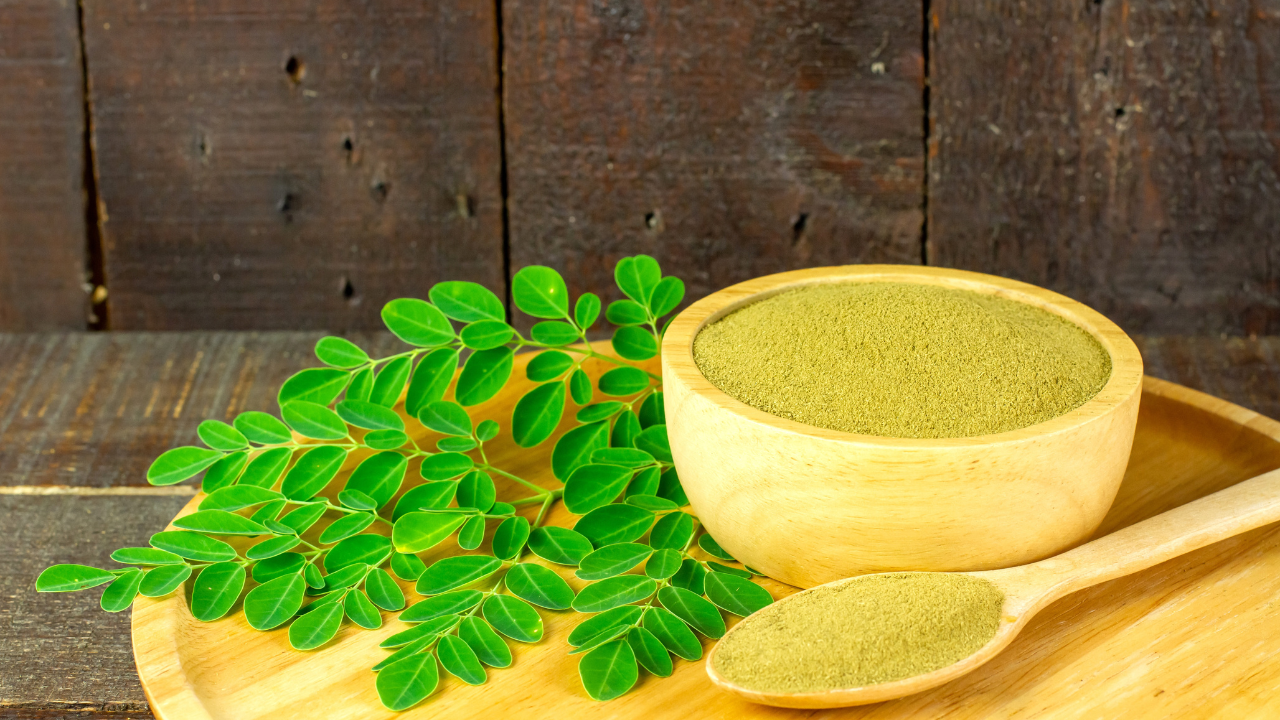
There is a quiet magic surrounding the moringa tree, also known as the drumstick tree or miracle tree. This plant has been a staple in seasonal diets for ages, and now modern science is uncovering its powerful benefits, particularly in internal cleansing and stress reduction.
While detox trends come and go, the benefits of moringa are not mere hype. Whether it’s promoting better lung function, enhancing kidney performance, or regulating the stress hormone cortisol, moringa boasts unique properties that justify its inclusion in daily meals.
Phytochemicals Acting as Lung Shields
The moringa leaves are a rich source of compounds like quercetin and kaempferol, potent antioxidants and anti-inflammatory agents. More intriguing is how these phytochemicals interact with the respiratory system. Studies indicate that moringa helps reduce lung inflammation, supports bronchodilation, and enhances airflow, making it particularly beneficial in urban settings with high pollution levels.
Cleansing Kidney Filters with Sulfur Compounds
Beyond its nutritional value, moringa contains glucosinolates, sulfur-based compounds also present in cruciferous veggies. Upon consumption, these compounds convert into isothiocyanates, known to aid detox enzymes in the kidneys. Research even suggests that moringa extract can lower kidney damage indicators in individuals exposed to toxins, highlighting its profound cleansing effects.
Reducing Cortisol Levels through Adaptogenic Attributes
Unlike many herbs claiming adaptogenic benefits, moringa’s stress-regulating mechanism is notably well-defined. A study demonstrated that moringa leaf powder significantly lowers cortisol levels in stressed laboratory models. The antioxidants and polyphenols in moringa are believed to interact with the adrenal glands, promoting hormone equilibrium. While not a quick solution, regular consumption gradually helps the body manage stress more effectively over time.
While the body tightly regulates pH levels, certain foods can indirectly aid in maintaining this balance. Moringa, being alkaline-forming, leaves an alkaline residue after digestion. Regular consumption can foster a lung- and kidney-friendly internal environment, crucial for organs sensitive to pH fluctuations resulting from high-acid diets, processed foods, or excessive caffeine.
Natural Blood Purifier with Chlorophyll Boost
The vibrant green color of moringa leaves isn’t just aesthetic; it signifies a rich chlorophyll content. This plant pigment shows promise in eliminating heavy metals and toxins from the bloodstream. While chlorophyll is commonly associated with wheatgrass or spirulina, moringa presents a local, cost-effective alternative. The blood-purifying action indirectly benefits both kidneys and lungs by reducing the toxic load on these vital organs.
Moringa’s mucolytic properties, largely overlooked but highly impactful, are attributed to its vitamin C and bioflavonoid richness. These components assist in thinning mucus and enhancing its expulsion from the lungs. Contemporary research supports this, revealing improved respiratory parameters with regular moringa intake, particularly in powdered form or fresh juice.
Supporting Liver Detoxification
While ‘detox’ has become a trendy term, the significant role of the liver in this process often gets overshadowed. Moringa comprises compounds like niazimicin and saponins, known to support the liver’s detoxification phases. An optimally functioning liver alleviates the burden on kidneys and lungs, enabling efficient toxin elimination. Think of it as a domino effect: moringa aiding liver function subsequently eases the workload on other detoxifying organs.
Disclaimer: This article serves informational purposes solely and does not replace professional medical advice, diagnosis, or treatment. For individuals with medical conditions concerning lungs, kidneys, or hormonal imbalances, consulting a healthcare professional before incorporating moringa or any herbal supplement into the diet is advised.


